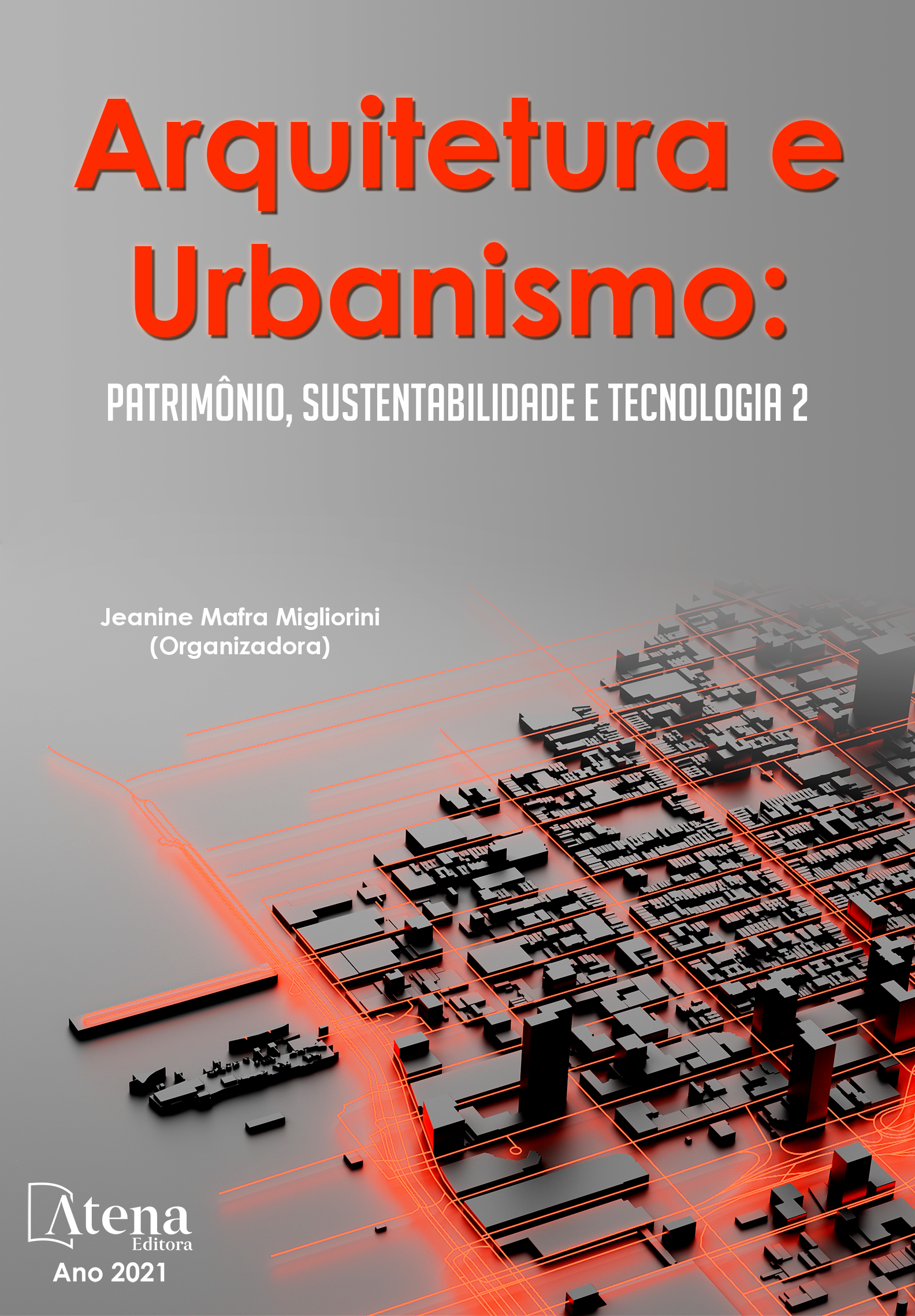
CENTRO DE ATENÇÃO PSICOSSOCIAL: TRANSFORMAÇÃO DA CLÍNICA TRADICIONAL DE MUNDOS ISOLADOS EM LUGAR DA MULTITERRITORIALIDADE
A Reforma Psiquiátrica foi estabelecida para outorgar os direitos das pessoas com sofrimento mental e reabilitá-las psicossocialmente. Com a sua formalização legal em 2002, “novos dispositivos e tecnologias de cuidados foram estabelecidos para desconstruir o hospital psiquiátrico em suas bases conceituais e assistenciais e promover a cidadania e a inserção social de pessoas que sofrem com os transtornos mentais” (AMARANTES,2003, p.7). Esses novos equipamentos, destacando os Centros de Atenção Psicossocial (CAPS), buscam, em meio aos processos assistenciais formais e humanos-ambientais, trabalhar com a lógica da heterogeneidade e a construção social para a re-territorializar seus usuários na cidade. O objetivo do presente artigo é discutir a complexidade da mudança de filosofias e práticas do sistema manicomial para a Reforma Psiquiátrica, e seus reflexos na relação entre usuário, serviço, espaço, cultura, cuidado cognitivo e subjetividade.
CENTRO DE ATENÇÃO PSICOSSOCIAL: TRANSFORMAÇÃO DA CLÍNICA TRADICIONAL DE MUNDOS ISOLADOS EM LUGAR DA MULTITERRITORIALIDADE
-
DOI: https://doi.org/10.22533/at.ed.16021160719
-
Palavras-chave: CAPS, Território, Reforma Psiquiátrica.
-
Keywords: CAPS, Territory, Psychiatric Reform.
-
Abstract:
The Psychiatric Reform was established to concede the rights of people with mental disabilities. The legal formalization happened in 2002: "new devices and care technologies were established to deconstruct the psychiatric hospital and to promote citizenship and the social insertion of people suffering from mental disorders" (AMARANTES, 2003, p.7). These new equipments, highlighting the Centro de Atenção Psicossocial (CAPS), work with the logic of heterogeneity and social construction to re-territorialize their users in the city. The aim of the present article is to discuss the complexity of the change of philosophies and practices of the asylum system for the Psychiatric Reform, and its reflexes in the relation between user, service, space, culture, cognitive care and subjectivity.
-
Número de páginas: 15
- José Gustavo Francis Abdalla
- Sarah Gabriela de Carvalho Oliveira


